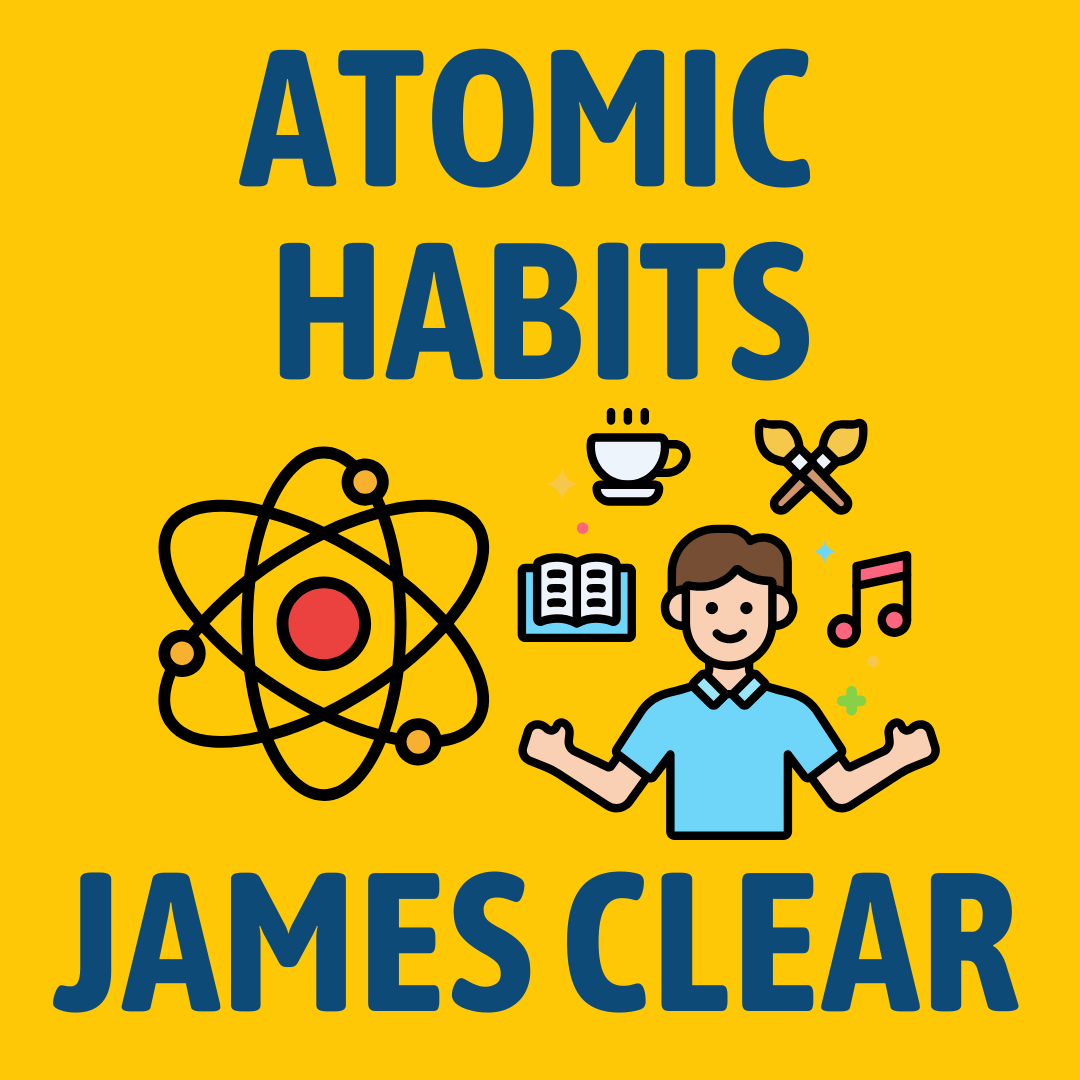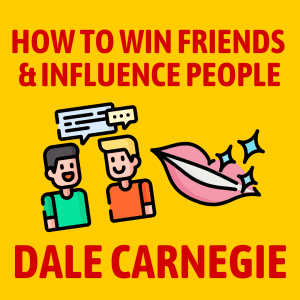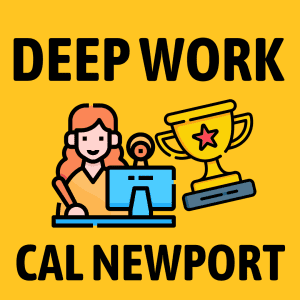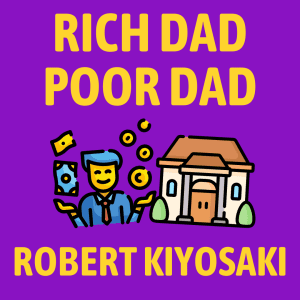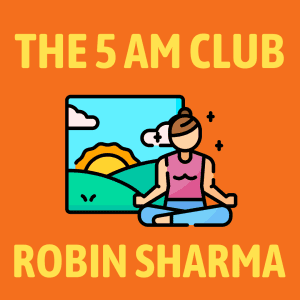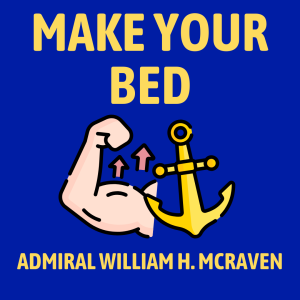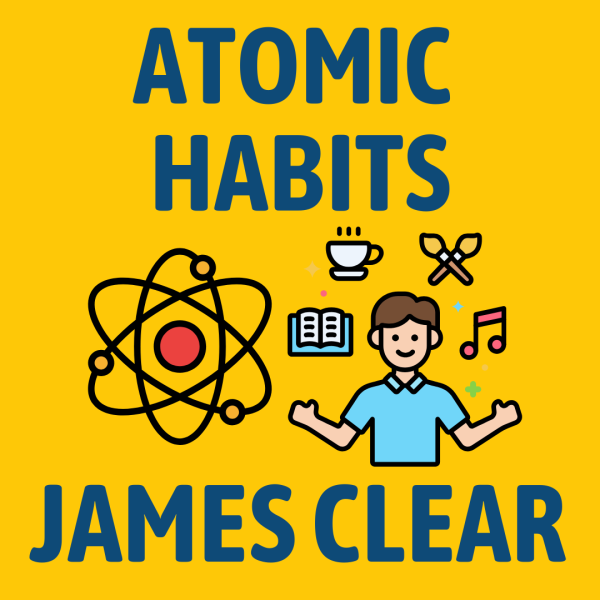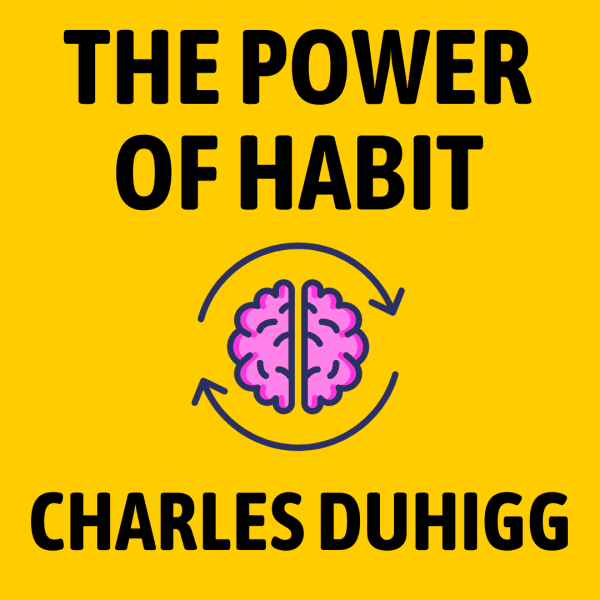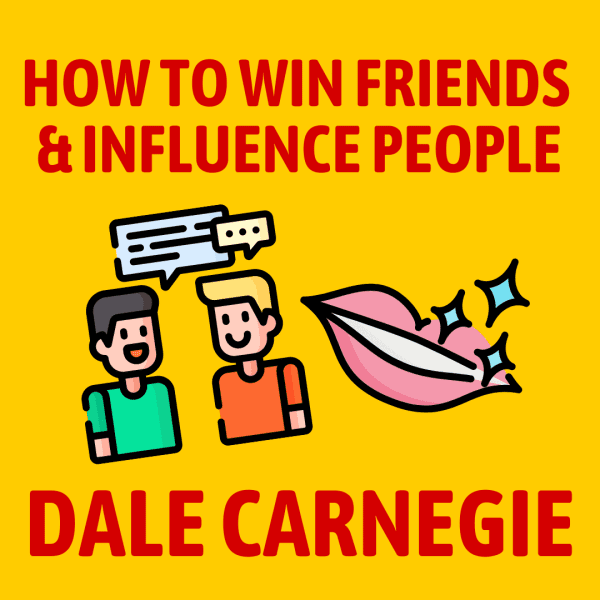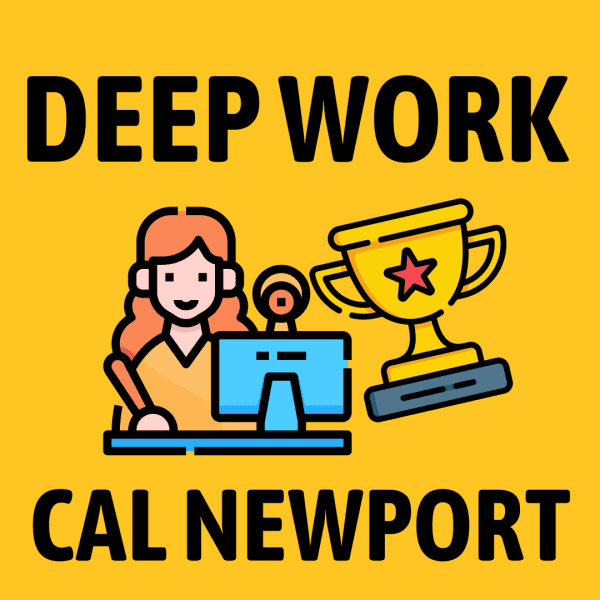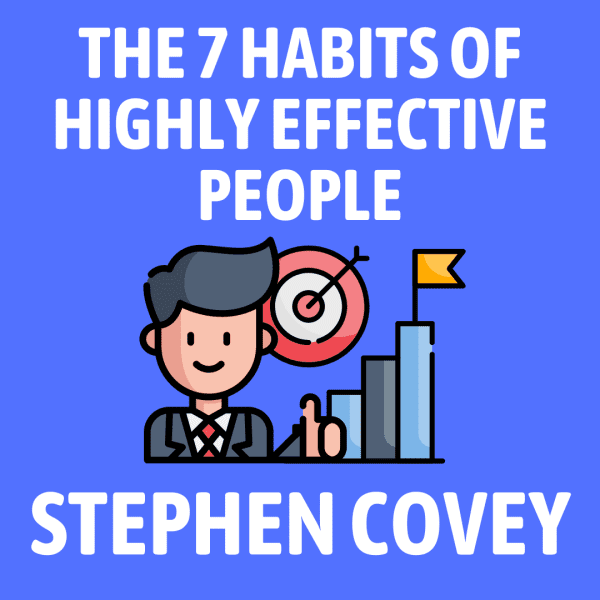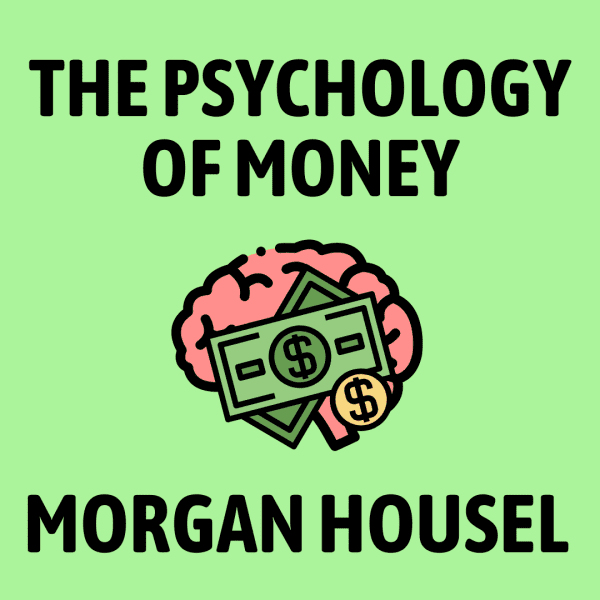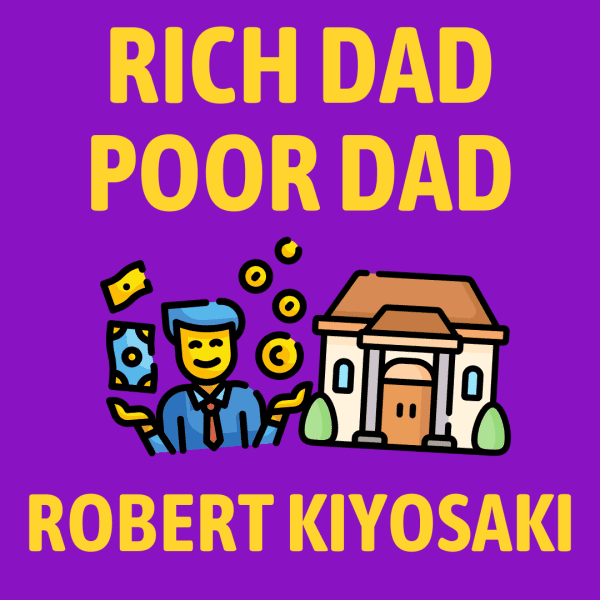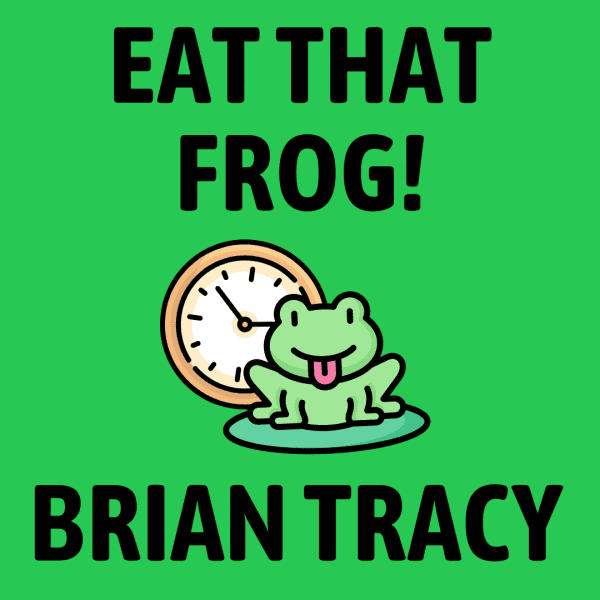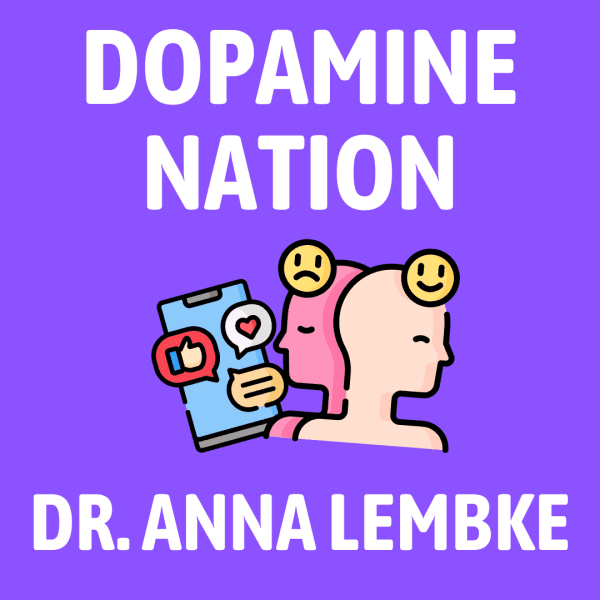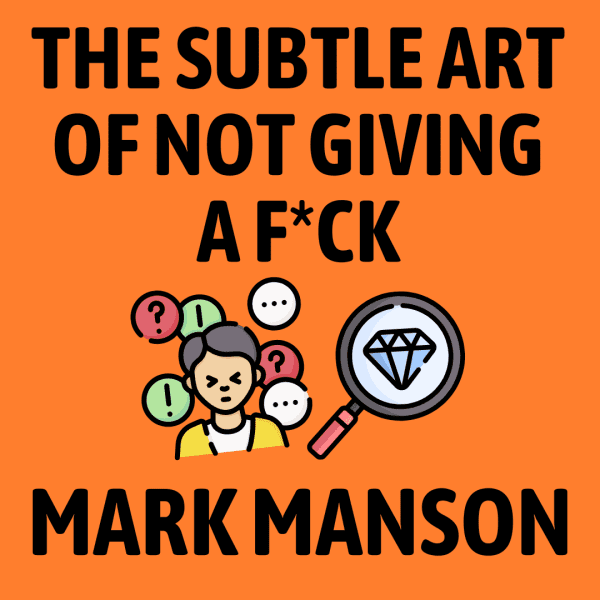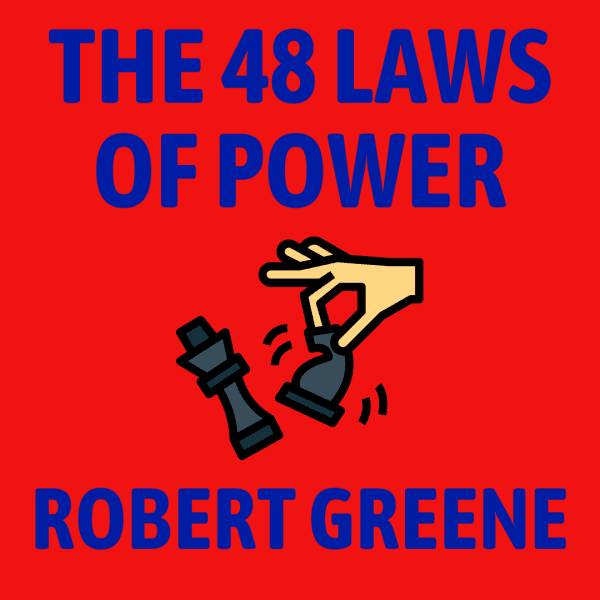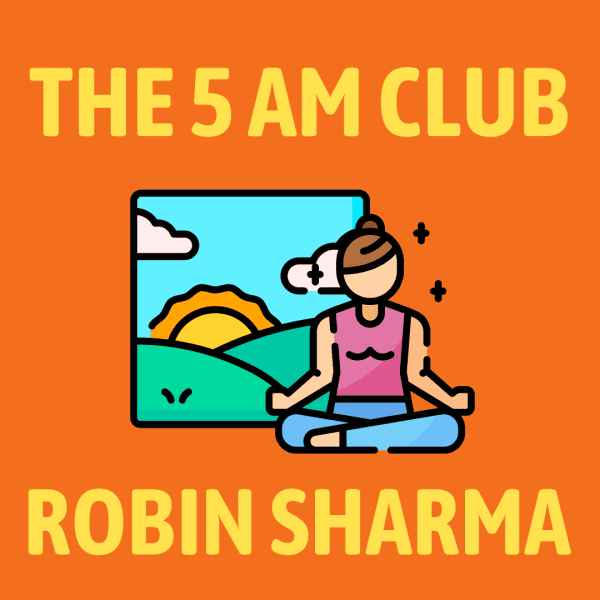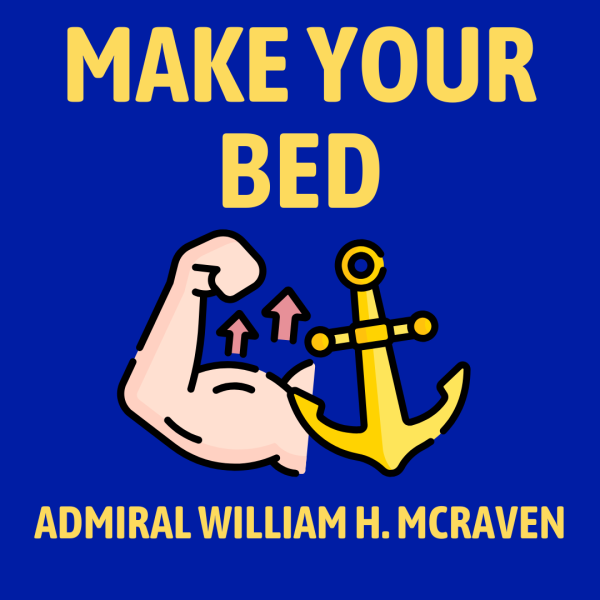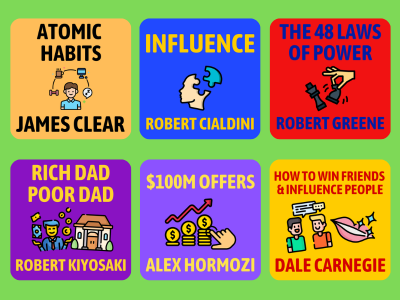The Power of Habits by Charles Duhigg is a deep dive into the science of how habits work.
If you want to change your habits but don't know where to start, this book can help you.
It provides a simple 3-step formula called "The Habit Loop" to break bad habits and build better ones.
Why read it?
Charles Duhigg's book first popularized the habit loop - the idea that all our habits follow a cycle of "cue-routine-reward." More importantly, he gave practical ways we can "hack" the steps of this loop to take back control of our habits and our lives.
Before Atomic Habits, this was THE go-to book on habits and it is still well worth reading. (For psychology nerds, the habit loop was actually based on the psychologist B.F. Skinner's work that described a 3-step process of stimulus, response, and reinforcement.
Basically, his theory explains why your dog turns into a slobber machine the second you rustle their treat bag. 🐶

